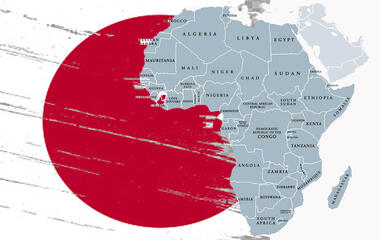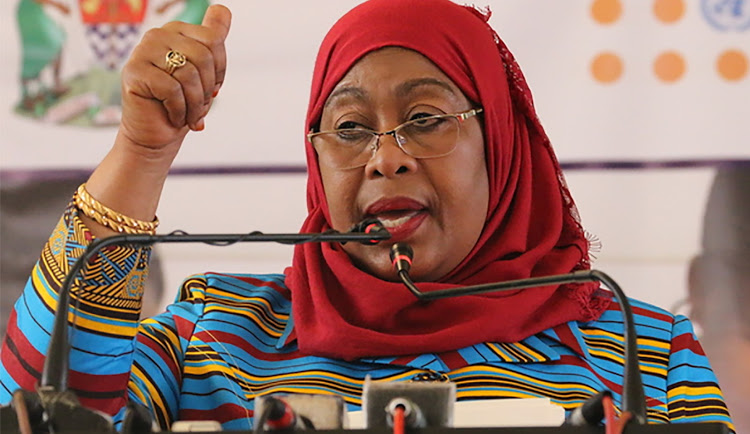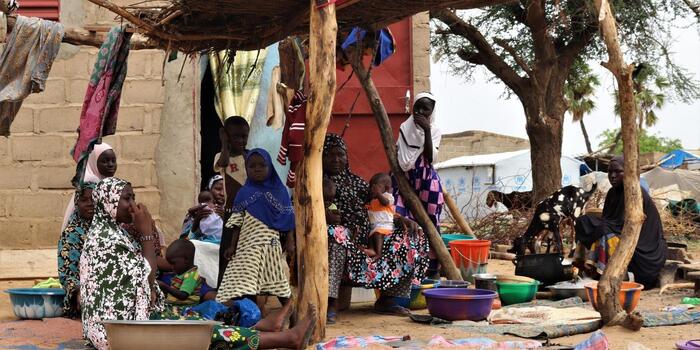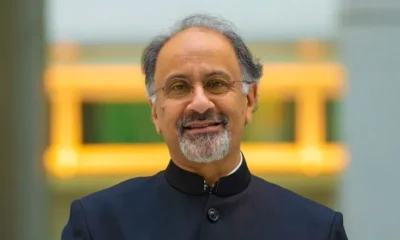Next week, the East African Community, especially the original three members Kenya, Tanzania and Uganda, will be marking their revival Silver Jubilee, which is also an opportunity to reflect on 25 years after the passing of regional integration icon Mwalimu Julius Nyerere.
The integrationist and pro-federation Mwalimu would certainly be happy with the revival of the EAC. But how contented humanist Nyerere who committed his then poor country’s resources and lives to the emancipation of fellow Africans would be with the goings on in the region, can only be debated.
Hundreds of Tanzanian men and women at Nyerere’s command gave their lives so Ugandans would be saved from a dictatorship that attached low value to human life and “disappeared” political dissenters, with a few whose bodies were found having been disfigured sometimes with acid. In Kenya, extra-judicial executions of high-profile political dissenters were also being carried albeit with more sophistication than Uganda’s.
Should some people in Tanzania start derailing that lovely country backwards to catch up with the murderous Uganda and Kenya of the 1970s and criminalise the holding of different political views, then we would beg the EAC to find its manhood and insist that members start hiring expatriate ministers to man certain portfolios thus: For Justice and Law, expatriate ministers from the Scandinavian states would be preferable. But of course, beneficiaries of injustice and illegality would argue that ours are independent sovereign states; so to hell with protection of human lives.
For promotion of Trade and Tourism, expatriates from the United Arab Emirates would fit the bill. But of course, beneficiaries of poaching, smuggling and tax evasion would argue that ours are independent sovereign states; so to hell with expansion of trade and tourism.
For Industry, Indian expatriate ministers would do well to drive import substitution while creating millions of jobs in the region. But of course, beneficiaries of raw materials exportation and importation of consumer goods would oppose and argue that ours are independent sovereign states; so, to hell with the unemployed, human health and environmental protection.
For Finance and Economic Planning, Singaporean expatriate ministers would be appropriate, but of course beneficiaries of grand corruption and incompetence would argue passionately that ours are independent states; so let the taxes be stolen so the awful service delivery gets even worse while debilitating debts mount.
For Transport Infrastructure, expatriate ministers from the Netherlands would be suitable because integrated systems of air, rail, road and water were needed by yesterday, so that transport ceases being an obstacle and becomes an enabler of development instead.
But of course, beneficiaries dominant, inefficient transport modes will argue that we are independent, sovereign states; so let primitive transport systems and fragmented airspaces remain and keep the cost of living and doing business up.
For Energy, Japanese expatriate ministers would do the job to speedily guide our economies through the energy transition, and transfer technology like Chinese have done in Uganda to create local capacity to make electric vehicles.
But to drastically reduce reliance on fossil fuels some countries should consider hiring Ethiopian expatriate ministers who will know best how to say enough is enough, switch from internal combustion engines to electric.
US expatriate ministers can also be considered to help the adaptation of our aviation sectors to sustainable biofuel in addition to driving the processing of rare earth minerals into e-mobility batteries.
But profiteers from the poisoned fossil fuels would say we are independent and sovereign; so let fuel import bills remain high and the peoples’ health be damaged.
The all-important Education sector should without doubt be entrusted to expatriate ministers from Finland for wholesome development of our children.
But of course, the beneficiaries of the extortionist private schools and the cripplingly looted public institutions would argue that these are sovereign independent states; so let the children continue getting mentally stunted and unemployable.
And in Health, of course, the expatriate ministers should be from Sweden, to ensure that everyone accesses adequate health services. Expectedly, beneficiaries of public funds to secure treatment abroad and those who benefit from stolen medical supplies would argue that ours are independent sovereign states; so that the wanton deaths of children and mothers continue.
Give the Housing to expatriate Chinese ministers so we close the era of human beings living in pigsties. However, those who benefit from a disorganised, stunted housing sector would argue that we are independent sovereign states so the majority can continue living sub-humanly.
Joachim Buwembo is a Kampala based journalist. buwembo@gmail.com
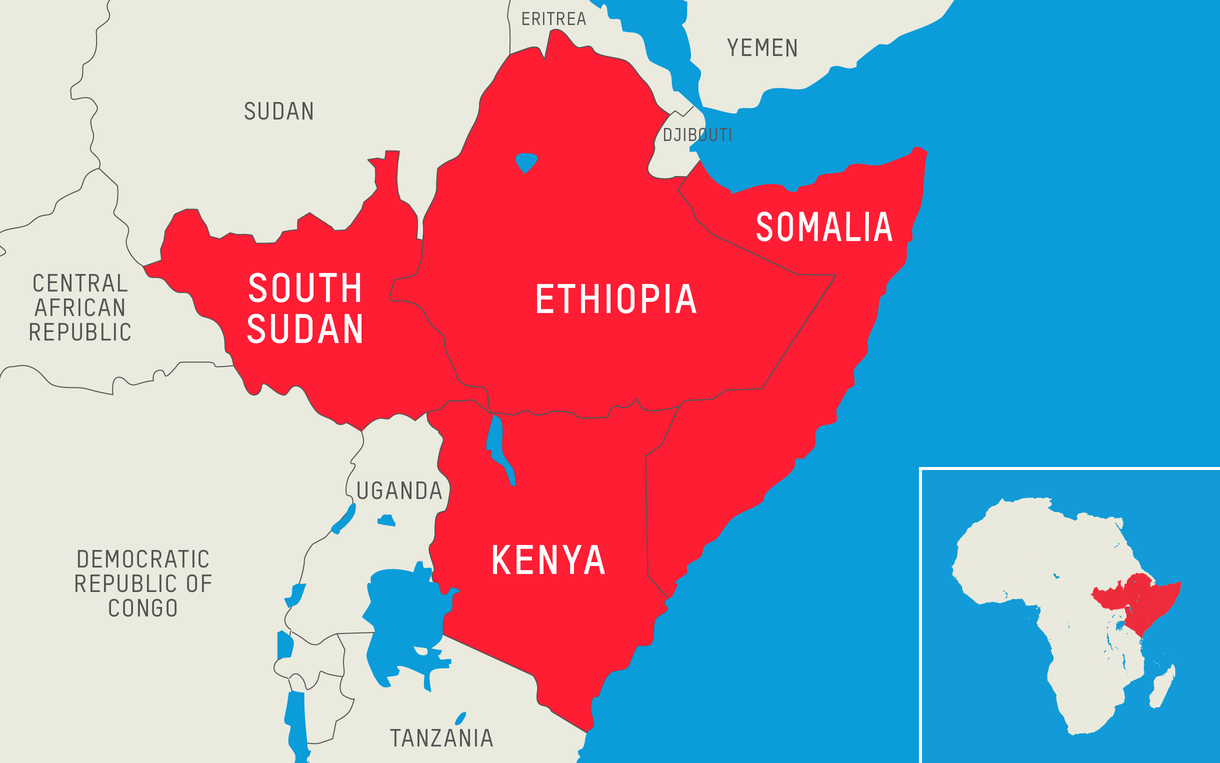

 Metro2 days ago
Metro2 days ago
 Metro2 days ago
Metro2 days ago
 Tech2 days ago
Tech2 days ago
 Musings From Abroad2 days ago
Musings From Abroad2 days ago











